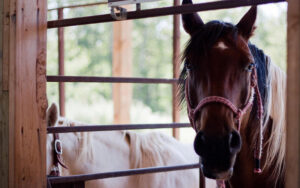 What do David Bowie and Jane Austen have in common, other than being English? They both were self-taught in their professions.
What do David Bowie and Jane Austen have in common, other than being English? They both were self-taught in their professions.
We have a nomination this week from Sarah Spencer, a junior majoring in psychology. Sarah picks a fine word. I thought I had covered this before, but no. And like me, Sarah must have met her share of autodidacts.
My late friend Gary Braswell, who earned a GED, exemplified the self-taught person who defines autodidacts. Gary possessed the sort of math skills I’d have died for (or finished Engineering School with) in the 1980s. He read books about theoretical physics and could talk about String Theory, Dark Matter, and Special Relativity.
We seem to have an uptick in auto-didacticism, if the OED’s usage chart proves correct. The portal is acting up today, though I’ve signed in through the university account, but the snapshot shown here reveals a steep rise in usage since World War II. Are all those garage geniuses from Silicon Valley, many of them drop-outs, responsible? Bill Gates and Steve jobs make the list, as do Leonardo da Vinci, Elon Musk, Jane Austen, Abraham Lincoln, Ben Franklin, Maya Angelou, Thomas Edison, Malcolm X, The Wright Brothers, and (Have you ever been experienced?) Jimi Hendrix and my favorite musician, David Bowie.
Seeing the paucity of women on that quick search I dug in more to discover Jane Jacobs, who wrote one of the best works about urbanism. Then Charlotte Perkins Gilman, famous for her story “The Yellow Wallpaper,” and whose early 20th Century utopian novel Herland remains a key landmark in the history of feminist literature.
Autodidacts fascinate me as they do Sarah. The best I’ve done as an autodidact has been to teach myself automotive repair, and I’m proud of my work getting one classic car back on the road and two more running well. I can do most minor repairs and a few major ones, though I leave brake-work to experts. If a car won’t start, I can call for help. If it won’t stop, on the other hand. . . YouTube certainly helped, but a lot involved trial and error. I can build fences, stone walls, even small buildings for our farm, too, but I got hands-on training with two expert builders. That training would not qualify me as an autodidactic carpenter.
Except for a hiatus for a while in June, this blog will continue in the summer months, so send words and metaphors of interest by e-mail (jessid -at- richmond -dot- edu) or by leaving a comment below.
See all of our Metaphors of the Month here and Words of the Week here.










